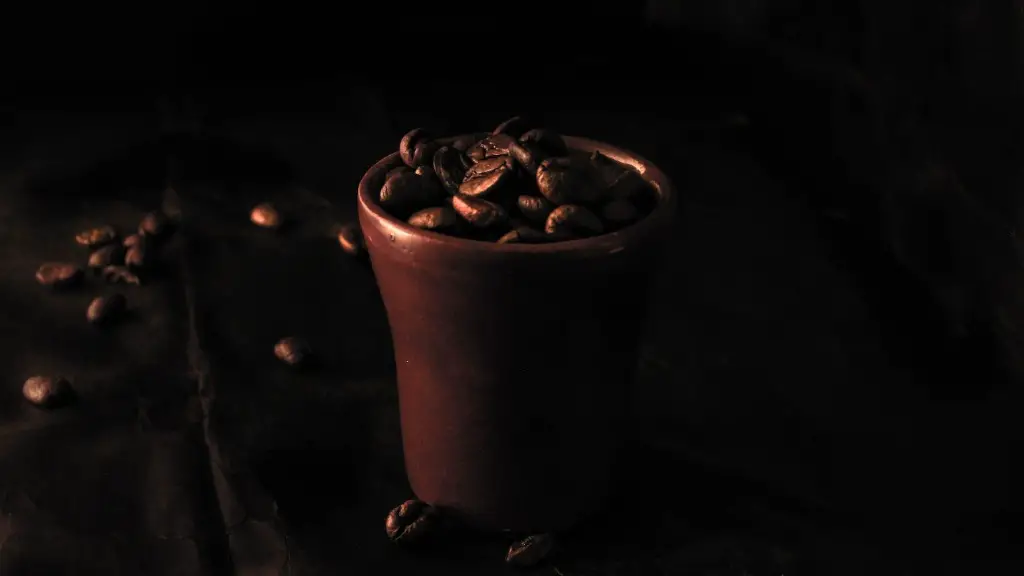Can I drink coffee before a medical exam? The answer is generally yes, but there are certain factors to consider before consuming caffeinated beverages. The amount of caffeine and the timing of the caffeine intake can affect the accuracy of the test results. To ensure you get the most accurate results from your medical exam, it’s best to consult with your doctor and follow their medical advice.
The Effects of Caffeine
Caffeine is a stimulant, which can increase alertness and energy. It can also speed up heart rate and make blood sugar levels drop. This can affect the accuracy of certain medical tests, depending on the type of test being done. For example, a glucose tolerance test, which measures the body’s response to sugar, can be affected by caffeine. It’s best to consult with your doctor before having a medical exam and ask if caffeine must be avoided.
Coffee and Other Caffeinated Beverages
Coffee, tea, energy drinks and sodas all contain caffeine and can be consumed before a medical exam if they don’t interfere with the test results. Additionally, some medications also contain caffeine and should be considered when assessing your caffeine consumption. Alcohol can also affect test results, so it should be avoided 12 hours before the medical exam.
Symptoms of Too Much Caffeine
Too much caffeine can cause unpleasant symptoms such as increased heart rate, anxiety, headaches, insomnia, and digestive issues. Caffeine consumption should be limited, especially before a medical exam, to avoid these unwanted side effects. It’s important to be aware of your caffeine intake and pay attention to any modifications to your diet that your doctor might advise.
The Recommended Amount of Caffeine
The recommended amount of caffeine to consume before a medical exam is 100 milligrams or less. For example, a 12-ounce cup of coffee contains 95 to 200 milligrams of caffeine, depending on the type of bean used. An 8-ounce cup of traditional black tea has between 14 and 70 milligrams of caffeine. Energy drinks typically contain more caffeine than coffee, with some having more than 500 milligrams per can.
Reducing Your Caffeine Intake
If you feel like you’re consuming too much caffeine before medical exams and other medical procedures, it’s important to make changes to your diet. Reducing or eliminating caffeine intake a few days before the tests can help ensure accuracy in the results. Additionally, making sure to get enough sleep, eating healthy, and exercising regularly can also help to improve the accuracy of results.
Relaxation Techniques
Relaxation techniques such as deep breathing, yoga, and meditation can also help reduce stress before medical exams. Taking the time to relax and focus on your breath can help to reduce any anxious feelings and help you prepare for the exam. This can lead to more accurate test results, as stress can interfere with the accuracy of some medical exams.
Conclusion
Drinking coffee before a medical exam is generally okay, but there are certain factors to consider. It’s important to discuss your caffeine consumption with your doctor, as it can affect the accuracy of certain tests. Additionally, relaxation techniques such as deep breathing and yoga can help reduce any anxious feelings and lead to more accurate test results.


